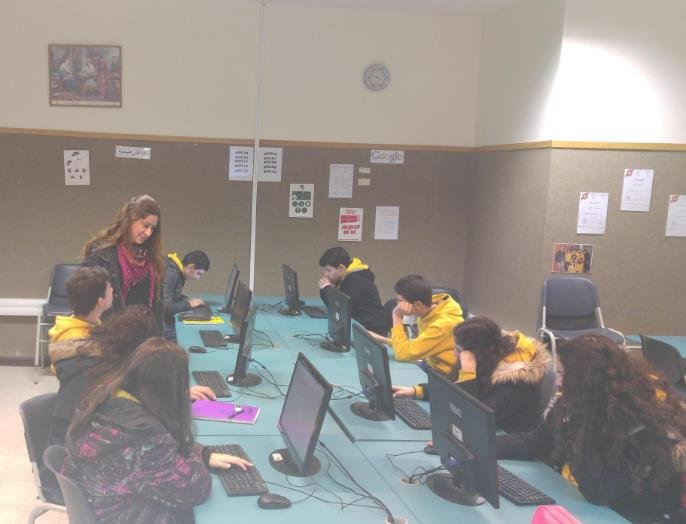The Kerala government is exploring a potential collaboration with Saudi Arabia to enhance Arabic studies in schools. Prominent universities in Saudi Arabia have expressed interest in supporting this initiative on a non-profit basis. This collaboration aims to provide better resources and training for Arabic teachers, ultimately benefiting the students. If successful, this will be the first time the State Council of Educational Research and Training (SCERT) collaborates with a foreign country, marking a significant step in educational development.
The proposal for collaboration with Saudi Arabia has been put forth to the SCERT, which is responsible for curriculum development and teacher training in Kerala. The SCERT governing body, including the Minister for General Education and other key officials, has reviewed the proposal and forwarded it to the State government for further consideration. This initiative aims to improve the quality of Arabic education by leveraging the expertise and resources of Saudi universities.

Currently, Arabic is taught in 5,509 schools across Kerala, with 9.32 lakh students enrolled in Arabic classes. The collaboration with Saudi Arabia is expected to provide advanced training for the 6,703 teachers who are currently teaching Arabic in these schools. This training could be conducted either in Saudi Arabia or by bringing experts from Saudi universities to Kerala. The goal is to enhance the teaching methodologies and provide students with a more comprehensive understanding of the Arabic language.
The collaboration also aims to update the Arabic curriculum to make it more relevant and engaging for students. By incorporating modern teaching techniques and resources, the initiative hopes to foster a deeper interest in Arabic studies among students. This, in turn, could open up new opportunities for students in higher education and careers that require proficiency in Arabic.
Benefits of the Collaboration
One of the primary benefits of this collaboration is the potential for improved teacher training. The SCERT Director has been entrusted with conducting talks with the Saudi embassy in New Delhi to finalize the details of the collaboration. This includes discussions on how the training will be provided and the specific areas of focus. The training is expected to cover various aspects of Arabic teaching, including language proficiency, cultural understanding, and modern pedagogical techniques.
In addition to teacher training, the collaboration could also lead to the development of new educational materials and resources. These materials would be designed to align with the updated curriculum and provide students with a more engaging learning experience. By incorporating digital tools and interactive content, the initiative aims to make Arabic studies more accessible and interesting for students.
Furthermore, the collaboration could pave the way for future educational partnerships between Kerala and Saudi Arabia. This could include student exchange programs, joint research initiatives, and other collaborative projects that benefit both regions. By fostering a strong educational relationship, Kerala and Saudi Arabia can work together to promote mutual understanding and cultural exchange.
Future Prospects
The potential collaboration with Saudi Arabia represents a significant opportunity for the advancement of Arabic education in Kerala. If successful, the initiative could serve as a model for other states in India looking to enhance their language education programs. The collaboration is expected to be formalized later this year, with the first phase of teacher training and curriculum development set to begin soon after.
The Kerala government is committed to ensuring the success of this initiative and is working closely with the SCERT and Saudi universities to finalize the details. The collaboration is seen as a strategic move to improve the quality of education and provide students with the skills they need to succeed in a globalized world. By investing in Arabic education, Kerala is taking a proactive step towards fostering linguistic diversity and cultural understanding.
In conclusion, the collaboration between Kerala and Saudi Arabia for Arabic studies in schools holds great promise. It has the potential to transform the way Arabic is taught and learned, benefiting both teachers and students. As the discussions progress, the focus will be on creating a sustainable and impactful partnership that enhances the educational landscape in Kerala.
